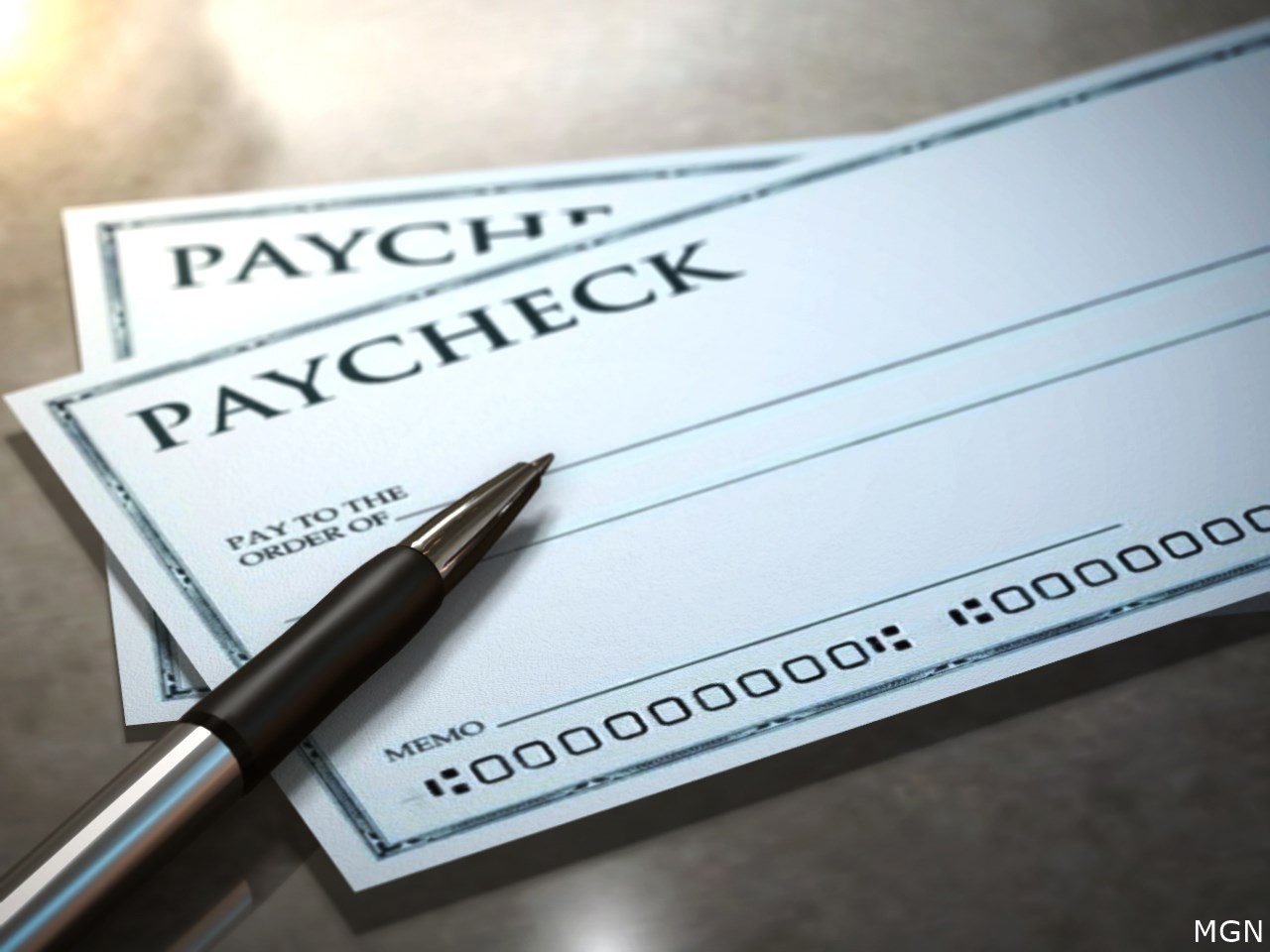There are plenty of people who are still living paycheck to paycheck.
Dr. Daneen Skube, Tribune Content Agency
Q: With this economy my paycheck is barely making ends meet. I’m waking up at night worried about money. I know money is both practical and psychological. How do you coach your clients to think about money especially now that money is tight?
A: I coach my clients that nothing good ever comes from fear-based planning. You can validate your realistic problems without engaging in a looping cycle of worry. When we worry we literally loop between the crocodile brain (base of the skull) and middle brain (emotions) and cannot reach the thinking brain. Thus cycles of worry prevent us from creating solutions.
The reason money is psychological is because we make choices about money and choices are based on our psychology. I recommend that when money gets tight, we get creative with how we make and use it. If you’re struggling, there are government programs, food banks, and resources available. Do not stand on your pride if you’re eligible. Today you may need help. Tomorrow you may donate to these programs to help others. If you’re not eligible take a good detailed look at your budget. Programs like Quicken make creating a budget simple. You enter your checkbook data and wham! The program will tell you what you’re spending and where.
Knowledge is power when it comes to money. A budget feels like a diet to most people. So the easiest way to start is to look backward at how you’ve been spending your money. If you try to do a budget without understanding how you spend, you’re planning to fail. Once you have your budget, ask yourself about areas you can reduce. Our culture tells us we need to have subscriptions, fancy hand soaps, and treat ourselves. Many things we spend money on become invisible vampires that drain our accounts. While I was cooking the other day, Amazon’s Alexa asked me if I wanted to add an item to my “list.” My kids asked why Alexa was asking. I said, “Because marketing people have become clever in getting us to spend.”
Even Internet ads play with us, seeking clicks by discouraging us from clicking with phrases like, “I’ll go ahead and miss out.” Can you see how these ads manipulate you? Our culture also discourages self-sufficiency. The reality is that making our own bread, laundry soap, or dinners is darn easy and less expensive. You can make a year’s worth of laundry soap for less than you spend on one bottle at the store. As scary as it is to have less money, learning to make your money go further is a good exercise.
As a low-income student, I learned to coupon, shop thrift stores, and seek inexpensive recreational activities. The lessons learned when I had no money help me be frugal with money now. You may have little money but you have the same amount of creativity. Be willing to include other people in brainstorming over financial challenges. Unlike cooks in a kitchen, many adults thinking about the same problems means better solutions.
Lastly, don’t confuse money with self-esteem. Money affects where and how much you shop, but it does not define you. When money is tight it is one of the best times to remind yourself that you may not have a lot in your wallet, but you have a wealth of riches inside you!
Daneen Skube, Ph.D., executive coach, trainer, therapist and speaker. She’s the author of “Interpersonal Edge: Breakthrough Tools for Talking to Anyone, Anywhere, About Anything” (Hay House, 2006). You can contact Dr. Skube at www.interpersonaledge.com or 1420 NW Gilman Blvd., #2845, Issaquah, WA 98027. Sorry, no personal replies.




